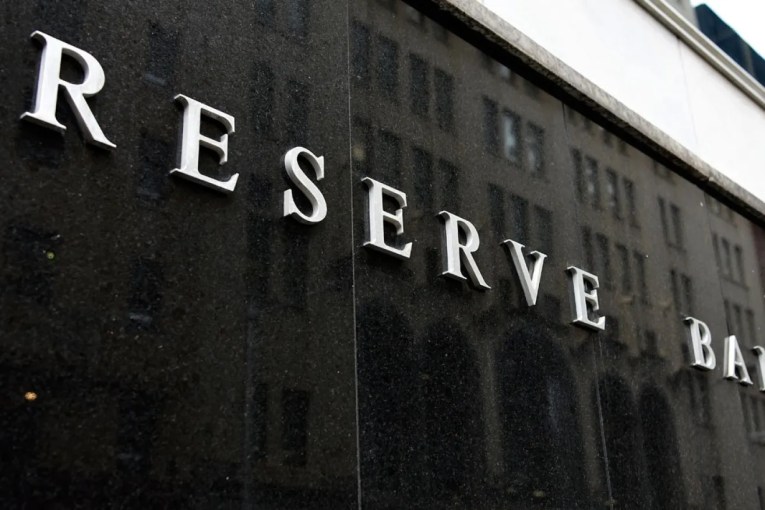Warning that student debt repayments will rise from June

Australians facing huge hikes in their student debt due to rising inflation are being urged to stocktake their finances and consider making a lump-sum loan repayment before June 1.
The Australian Tax Office is preparing to unveil its annual HECS-HELP inflation indexation, which is tipped to add around 7 per cent to outstanding debt for Australians with student loans.
For Melbourne-based Alex, who finished an arts degree in 2019, it means copping several thousand dollars in additional debt overnight.
“My student loans are going to go up, not down,” Alex, who did not want their last name published, told The New Daily.
“It’s frightening.”
Coming at a critical time
David Rankin, a financial coach and budgeting expert, said Australians facing rising student loan debts this year should be particularly careful, amid wider cost of living pressures.
“This is more debt that, if not handled properly, could be the straw that breaks the camel’s back,” he said. “People are facing cost of living increases … this is coming at a very critical time.”
Mr Rankin said Australians in a more comfortable financial position should consider making a lump sum repayment on their student loans before the inflation indexation to mitigate the rise.
Those without extra savings lying around, however, will have far fewer options available to them.
“There’s nothing you can do about this increase, you have no control over it, but you do have control over the rest of your finances,” he said. “Now’s the time to do a financial stocktake.”

Many outstanding student loans are set to grow in July. Photo: Getty/TND
Let’s start with getting our heads around how student loan debt is going to change this year, and who will be affected – that’s the first step to working out how it will affect your financial situation.
Indexed to inflation
HECS-HELP loans are technically interest free, but they have been indexed to inflation since a 2018 change by the then Coalition government.
That hasn’t been a talking point in recent years because low inflation meant the increase was between 0.6 per cent and 1.9 per cent from 2018 to 2021. However, it was 3.9 per cent in 2022 as inflation began rising and is now projected to peak at around 7 per cent in 2023.
It’s important to note that this does not necessarily mean your HECS-HELP repayments will rise; that’s determined by your income level at any given time. What will change is the total debt level.
The indexation will affect the part of your student debts that haven’t been paid over the past 11 months – so if you’ve made higher repayments in the past year the debt increase will be lower.
That’s why Mr Rankin says those who are in more comfortable financial situations should consider making a lump-sum repayment – it will reduce the amount of inflation indexation.
“If you are financially comfortable it’s a reminder of the value of getting ahead and avoiding such increases in the future,” he said, of the slated inflation indexation.
However, it’s important to consider whether a voluntary repayment is the best option for you, including if there are other things you could be using your savings on, such as extra super contributions or house deposits.
Financial stocktake
Mr Rankin said that Australians who will be required to make loan repayments should do a financial stocktake to understand what impact it may have on their budgets later this year.
“The way to deal with an increase [in debt] is not to look at the rise itself, but to look at the rest of your finances,” he said.
“It would be good to find out ahead of time what your repayments are going to be.”
For those without the means to avoid the worst of the debt increases, it’s important to understand how the changes on June 1 may affect your immediate financial situation.
For 2022-23, HECS-HELP repayments kick in for Australians earning at least $48,361, rising from 1 per cent of your income to 10 per cent if your income is over $141,848.
The below table surmises the loan repayment rates and thresholds, according to the ATO.
Once you determine your likely repayments, the next step involves going through other parts of your budget to determine whether they’ll be affordable – and if not, make any needed changes.
One way to do this is to go through your expenses over the past month and audit any recurring costs from subscription services, Mr Rankin said – it could uncover costs you were unaware of.








